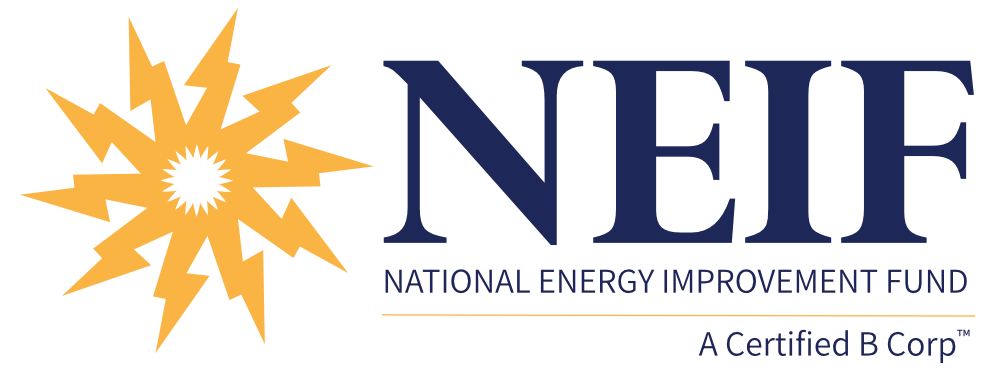Invest In Yourself: Improving Your Financial Literacy
Author: Laura Nelson
In Part Two of this “Save Me a Seat at the Table” blog series by veteran energy efficiency expert Laura Nelson, Chief Operating Officer at NEIF, she examines the subject of advancing women’s leadership in an effort to close the existing gender parity gap while exploring ways to empower women to become the confident leaders they deserve to be.
Financial literacy seems to be the hot topic lately. And for good reason. Anyone interested in prolonged financial stability will be well served by becoming financially literate. Yet recent research revealed that women correctly answered only 45% of financial-related questions, according to a 2022 study. Men didn’t fare much better, answering only 55% correctly. In another interesting survey by the National Endowment for Financial Education, 88% of respondents reported feeling financially stressed as a result of the COVID-19 crisis upending their financial plans. It’s not surprising that the pandemic affected many people’s finances. Women account for 68.5% of the net job loss; and while unemployment increased among all genders, men have since recouped
their pandemic-related labor force losses while there more than 1 million fewer women are in the labor force in January 2022 compared with February 2020.*
Those with a good understanding of finance and a sound financial plan were able to weather the COVID-19 crisis better than people who were caught unprepared.
But what exactly is financial literacy? Simply put, it is having the knowledge and skills to better understand a financial situation and how that situation can be impacted by various financial choices. Being able to understand budgeting, investing, borrowing, taxation, and personal financial management will help alleviate anxiety about future financial unknowns. This is evident in both personal and business environments.
Financial Literacy in Business
No matter what position you hold in a company, improving your financial literacy can be key to achieving success.
First, you need to understand the basics of the business – how the organization functions, what it’s doing to generate revenue, its financial plan, how it spends money, how it reinvests its profits, and how they plan for the next five to ten years. When you have that knowledge, you can see how your job impacts the overall financial picture of the company.
Of course, not every business is able to or desires to openly share that information. However, many firms that do make that information available find that the only employees who take the time to read the data are those in a financially-related position.
At the National Energy Improvement Fund (NEIF), we make it a point to share financial information including the organization’s budget, goals and plans with the entire team. We take the time to answer questions so that employees can fully understand the company’s financials. It helps the employees to know how their day-to-day tasks influence the company’s bottom line. We have also found that when employees have this understanding, they often find ways to improve their work processes to make a positive impact on the company’s financial picture.
If your company is transparent with its financials, but you find yourself unable to understand them, don’t be afraid to ask questions. Your manager or mentor can help. Research helps. Do what you need to become familiar with the information provided.
Personal Financial Literacy
Personal financial literacy is merely a version of business financial literacy. Think of it as micro vs. macro. In your personal finances, you want to think about the timing – the timing of how and when money comes in and goes out. You will also want to understand credit cards, your credit score and how that affects your ability to get credit, as well as saving and budgeting to spend less than you bring in.
When you learn about finance, you can pass this knowledge on to your children and teens you mentor. Starting people out at a young age will help them avoid many common financial pitfalls including impulsive spending, paying full price, borrowing from savings, carrying a credit card balance and more.
You can start teaching children about finance when they are old enough to do chores and/or get an allowance. Start with simple things. Help them open a bank account, set a budget, and plan for something they want to purchase. As they get older, you can show them how household spending correlates to income. You should also discuss how credit works, the importance of an emergency fund, leveraging rebates and financing, and
how they can impact their future with careful planning.
Building Your Financial Literacy
When you build your financial literacy, you will be able to show yourself as a well-rounded employee who knows how to make better informed business decisions and effectively lead a team. There are many ways to improve your financial literacy. An easy start is to read the many blogs available online by female financial experts like Suze Orman and Jean Chatzky. And if you have any spare time, you can take an online course. The Harvard Business School also offers four online finance and accounting courses: Financial Accounting; Leading with Finance, Alternative Investments and Sustainable Investing. Financial Accounting and the Leading with Finance courses are designed for those new to finance or accounting.
Additionally, there are in-person classes, financial publications, networking opportunities vis-a-vis your collegiate or postgraduate alumni network, etc. that can help you increase your understanding of finance. The method you choose should mesh with your learning style, budget and schedule. Take the time to make this investment in yourself and you will be dully rewarded.
*Accreditation: National Women’s Law Center
Laura Nelson is the Chief Operating Officer of NEIF. With her deep background in finance and process management, she oversees all operational controls, financial management and process improvements as well as regulatory and investor compliance. Ms. Nelson can be reached at lnelson@neifund.org.



